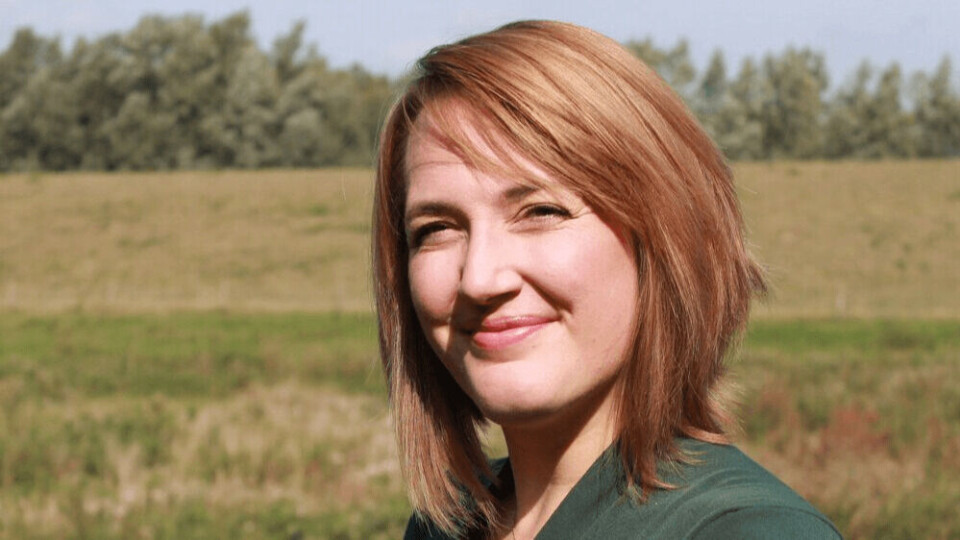
ASC targets slaughter methods to improve welfare
The Aquaculture Stewardship Council (ASC) is proposing to prohibit various slaughter methods under changes to its farmed fish certification requirements.
The move to outlaw slaughter by asphyxia, carbon dioxide, salt baths or ammonia by companies seeking ASC certification is part of a wider effort to improve fish welfare.
Further requirements on slaughter will be added in later phases, such as the prohibition of the use of ice slurry for slaughter, to encourage ongoing improvements.
In general, harvested salmon are electronically stunned before being bled, but some Mediterranean bass and bream farmers still use ice slurry for slaughter.
Public consultation
The ASC today opened a 60-day public consultation on new certification requirements that take advantage of new developments and research to cover issues including water quality and stocking density as well as slaughter.
The consultation will allow anyone with an interest or expertise to provide feedback on the proposed additions to ASC standards. ASC is particularly targeting producers, experts from animal welfare NGOs and charities, scientists and researchers, and auditors.
Janneke Aelen, ASC welfare coordinator, said: “There is an understandable desire among our stakeholders, and many consumers, to see more welfare requirements added to the world’s strictest aquaculture certification scheme.
Uncharted territory
“At the same time, with some of these issues we are in uncharted territory. Sometimes developing new indicators is a case of gathering pre-existing evidence, but in the case of some welfare issues it has required commissioning our own research.
“ASC is first and foremost an evidence-based organisation. This approach allows us to tackle the most urgent welfare issues while ensuring we don’t stray from our principles for rigour and evidence.”
The ASC has also launched a separate consultation on documents that will accompany the recently published ASC Feed Standard. ASC said this standard will provide unprecedented assurances to consumers that the feed used on ASC certified farms is responsibly sourced – whether it includes marine or land-based ingredients.
Both consultations are open to all members of the public by visiting the ASC website, reading the summaries and completing short online surveys. The consultations can be found on the ASC's Fish Welfare page and Feed CAR page.























































